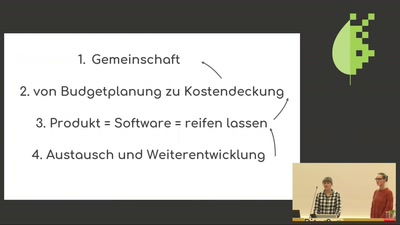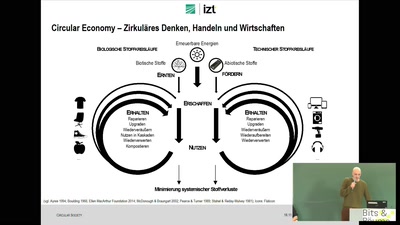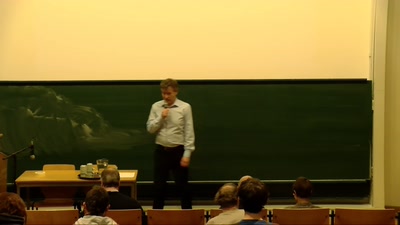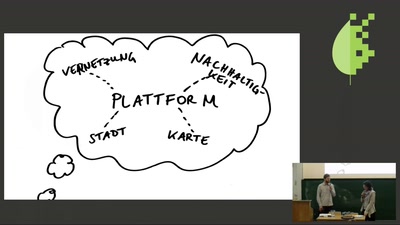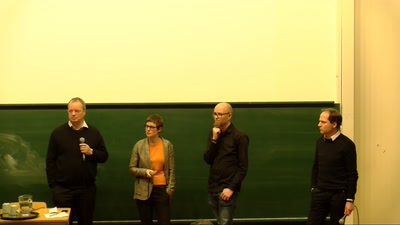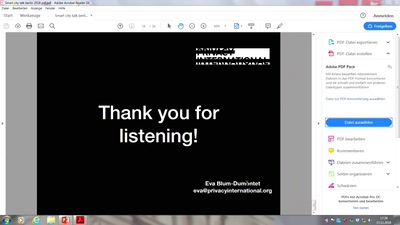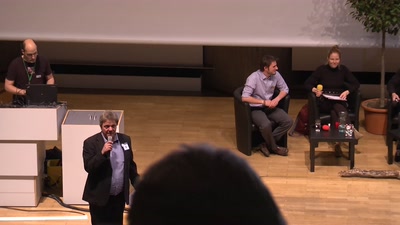This talk is about processes and design tools, such as the Sustainability Impact Canvas, that enable companies with an ICT focus to build more sustainable and innovative products and business models. The talk shows how the adaptation of comparably simple methods can make a significant difference in the corporate design process and help designers consider sustainability aspects when they are most important to consider: at the very start of the innovation process.
The opportunities for the digital revolution to generate positive sustainability effects have long been recognised. For example, Information and Communication Technologies (ICT) have been estimated to be able to reduce greenhouse gas emissions by the year 2020 by 20%. At the same time, it can be shown that digital companies who take sustainability seriously are not only more profitable, but also more innovative than those who do not.
Nevertheless, many corporate product designers and strategists still treat sustainability as a cost creator, rather than a business opportunity. Why is that? Apart from the frequently discussed lack of effective government policies and regulations, there are two main company internal challenges that prevent companies from taking sustainability seriously.
The first challenge is to effectively embed sustainability into core business strategy across the complete value chain and company hierarchy, and the incentivisation of the according behaviour via effective KPIs. The second challenge is the lack of effective processes and tools to implement sustainable business practices into daily operations and from the start of the innovation process. Both company internal challenges are interdependent and need to be addressed simultaneously.
This talk is about the steps a company needs to undertake to address both challenges. It introduces and explains simple tools, such as the Sustainability Impact Canvas or the Sustainable Business Model Canvas, which can be implemented and applied to incentivise product designers and strategist to take sustainability related aspects into account from the very beginning of the product and business model innovation process. A game-oriented process to facilitate the adaptation of more sustainable business models, for example the “product as a service model” will be presented, and real-world examples of companies using these design processes are given.


